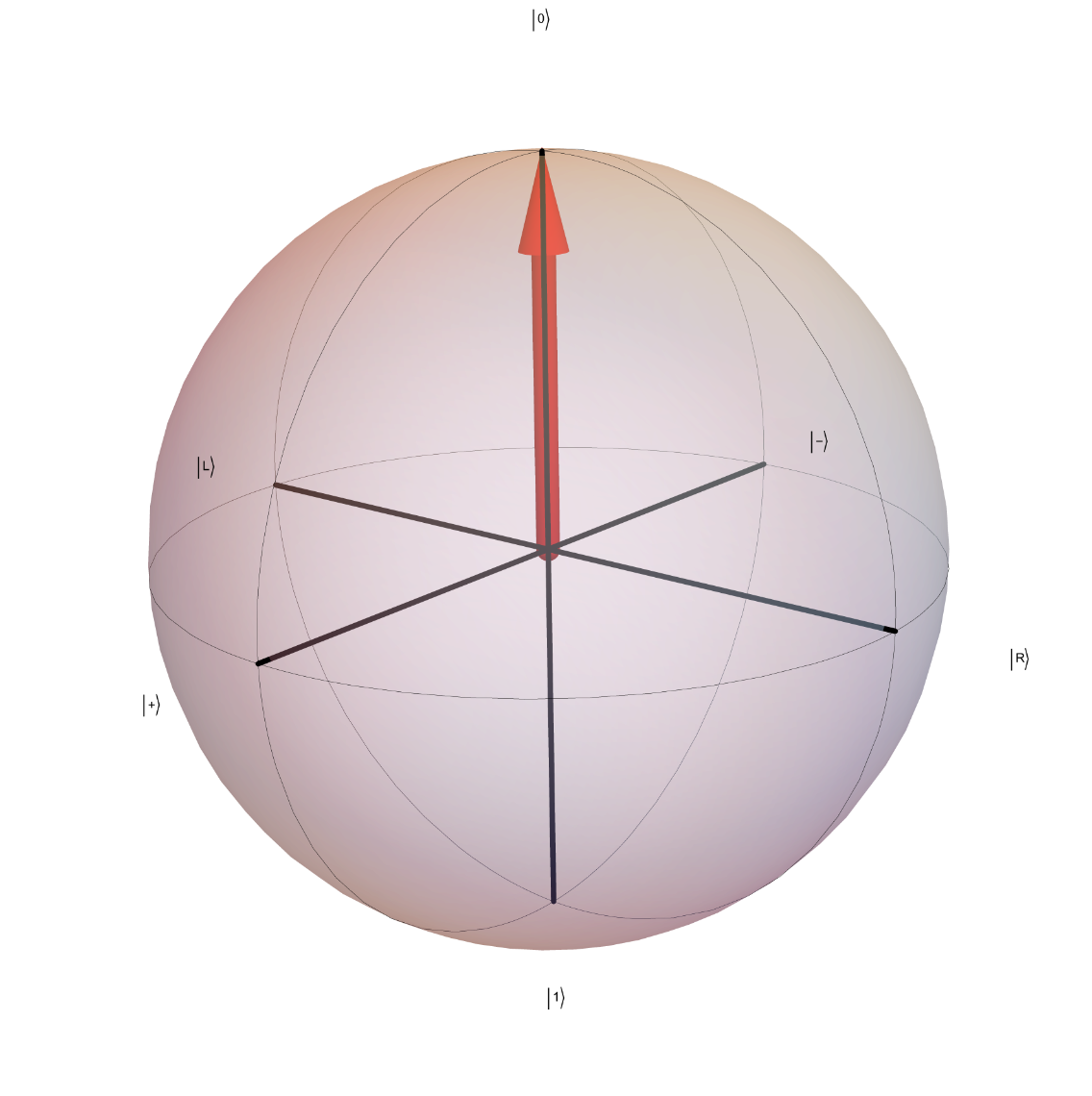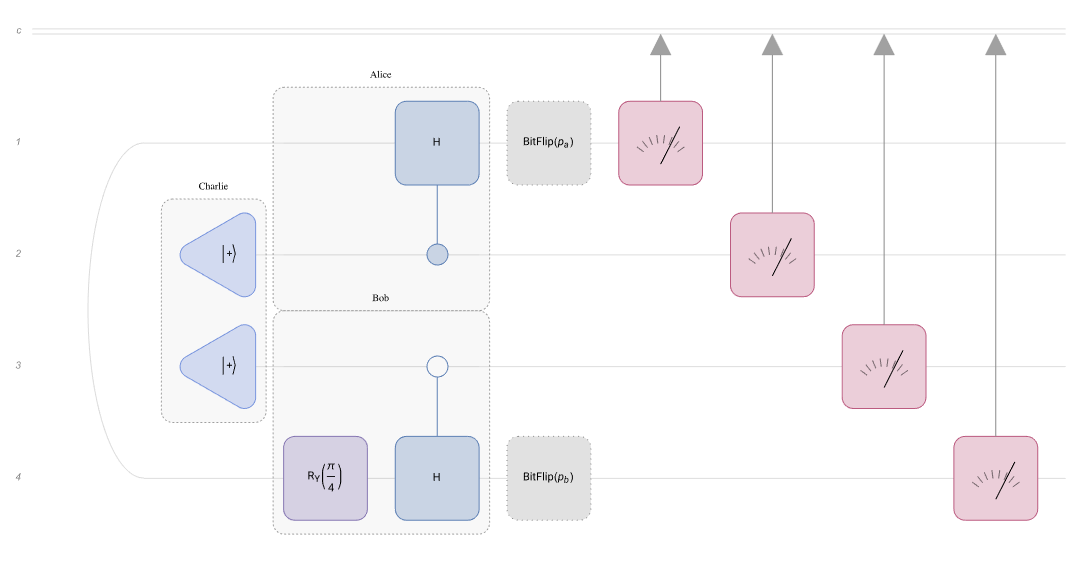Quantum
Advantage
"You presented Mathematica like the best, universal system of choice of doing maths, physics, computer science in High School"
An interactive guest lecture that brought quantum concepts to life through code, visuals, and computational experiments.

At Indiana University Bloomington , John McNally, our Principal Academic Solutions Developer, delivered an interactive guest lecture as part of their Introduction to Quantum Advantage course.
Hosted by Professor Dan-Adrian German at Luddy School of Informatics, Computing, and Engineering and attended by student teachers sponsored by the NSF-supported Center for Quantum Technologies, the session emphasized how quantum mechanics, probability, and computational modeling can be made accessible to high school and undergraduate learners through Wolfram Language.

Live Modeling, Not Just Theory
Every example—qubit states, quantum circuits, or betting games—was built live in a Wolfram Notebook, showing how to turn abstract concepts into executable simulations.
Visual Learning with Bloch Spheres
The session used Bloch sphere visualizations, animated state transitions, and measurement probability plots to demystify quantum operations.
Quantum Advantage Made Tangible
Through simulations of the CHSH game, students saw how entanglement leads to outcomes that outperform classical strategies.
Computational Exploration
The lecture bridged quantum circuits and probability theory, modeling game fairness, Markov processes, and expected values.
The Center for Quantum Technologies at Indiana University
This event was designed with K–12 and undergraduate teaching in mind, especially for a cohort of physics and math high school teachers participating in the IU quantum teaching initiative.
"Could you use this material directly in your classroom? If not—how can we simplify it, and still retain the insight?"
Quantum and Probability
Quantum Foundations with Visual Feedback
- •Building and measuring single-qubit states
- •Understanding quantum basis (Z, X, Y) through analogies and diagrams
- •Exploring measurement probabilities and uncertainty
- •Demonstrating quantum state vs. measured outcome differences
Circuit Modeling and CHSH Game
- •Designing quantum circuits in Wolfram Language
- •Translating Wolfram circuits into Qiskit format
- •Simulating measurement outcomes and verifying predictions
- •Comparing classical vs. quantum win rates
Probability, Games, and Fairness
- •Visualizing dice roll distributions and summations
- •Computing expected value in stochastic games
- •Modeling "fair" games with adjustable payouts
- •Creating simplified student-facing visuals
Classroom-Friendly Tools and Resources
- •Mathematica
- •Wolfram Cloud for browser-based exploration
- •Wolfram|Alpha for symbolic math and simplification
- •Wolfram U Courses on Probability, Algebra, and Calculus
Bring This Session to Your Students
Interested in bringing computational quantum exploration to your course or outreach initiative?
We offer:
- —Free guest lectures and workshops
- —Custom content for undergraduate, or graduate audiences
- —Integration with existing curriculum
- —Support for capstone projects and micro-credentials